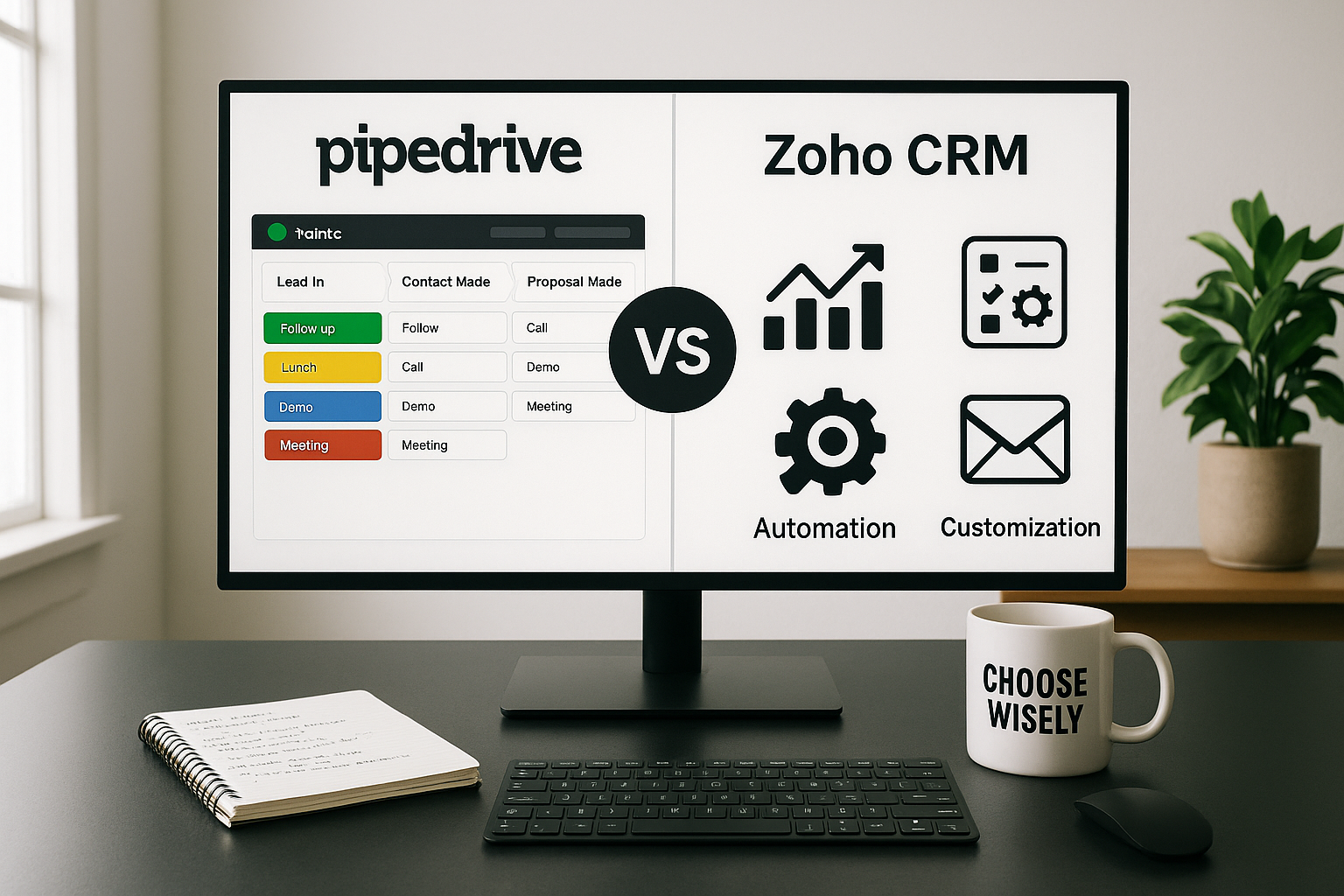YetiForce CRM
What is YetiForce CRM?
Yetiforce was initially forked from another CRM platform, Vtiger. However, it's undergone tons of community development and improvements since then, and has come into its own as a flexible and expansive CRM. Whatever you dream, you can build, and the site is full of free documentation for developers. You can also pay for varying levels of support and hosting. Ease of Use From the outset, YetiForce has pursued a philosophy of 'ease of use.' The community and team have developed a set of features that work together seamlessly and intuitively. The system is continuously refined by users.
YetiForce's clients are offered a unique opportunity to direct the development of their software. Whenever a client orders a new feature for Yetiforce, it's made available to all users for free, assuming it meets quality assurance measures. Yetiforce users have a flexible, ever-growing system that adapts to the user. You also have control over which modules and features you add, ensuring the platform is not more complex than you need. Yetiforce is an open platform, however. Unless you have a tech-savvy team or are willing to pay for Yetiforce support, you may find the CRM is too much work to operate and maintain. Dashboards and Widgets The Yetiforce dashboard is a window into your business.
It displays data in real-time, using widgets. The CRM comes with dozens of widgets, such as history, time control, calendar, tickets, leads, and many more. You can also create your own. All your business processes are presented visually, and you can make crucial data-driven decisions. Calendar The calendar is an indispensable tool for busy teams. It allows for planning tasks, assigning them to users, plus calendar sharing with the team and clients. You can customize the calendar to display the information you need most, such as task owner, status, due date, and any other fields that matter. You can also color-code different types of events.
Contact Management Contact management is organized around six different modules: Leads, Accounts, Partners, Vendors, Competition, Contacts. You can build out, or integrate with other tools in order to manage these aspects of your business. For example, you could integrate Vendors with an inventory tool. This allows you to not only manage contacts but build an end-to-end platform for your business. You can also integrate with SMS, telephony, email, and social media to manage all your communications from one platform.
All the data from these channels flows back to the contact record, ensuring you have a detailed profile without the nuisance of data entry. Sales Tools The sales dashboard allows you to keep a close eye on many metrics, such as team and individual performance, pipelines, and forecasted revenue. The system can also generate quotes, orders, recurring orders, price books, vendor inquiries, and receipts. And you can keep sales reps focused on closing more sales by automating many of their routine activities, such as email follow-ups, contract renewals, and data entry.
Solutions and Partners
Most popular CRM vendors
HubSpot CRM includes all the tools you need for marketing, sales, service, and content management. Each ...
Creatio is a new era CRM to manage all customer and operational workflows with no-code and AI at its ...
Let monday sales CRM do the grunt work while your team stays focused on high-level tasks, such as ...
VS
VS
VS
Is Yetiforce right for my business?
Yetiforce is designed for small to medium-sized businesses. However, the open platform means it can be customized for large businesses. Many corporations also use Yetiforce.
To use Yetiforce, you must have coding knowledge or be willing to pay for one of their tech support packages.
Will Yetiforce stay open-source?
Yes. Yetiforce plans to remain an open platform and continuously refine the system to become the number one open-source CRM.
What are the primary modules in Yetiforce?
The system is built around the following business processes: Sales, Marketing, Customer Service, Project Management, Accounting, GDPR, and electronic storage. You can always code more modules as needed.
What is the price of Yetiforce?
The main platform and modules are completely free for unlimited users. New releases are also free. The company makes money if you need more modules or tech support. These features are available for an added fee.

(2).jpg)


